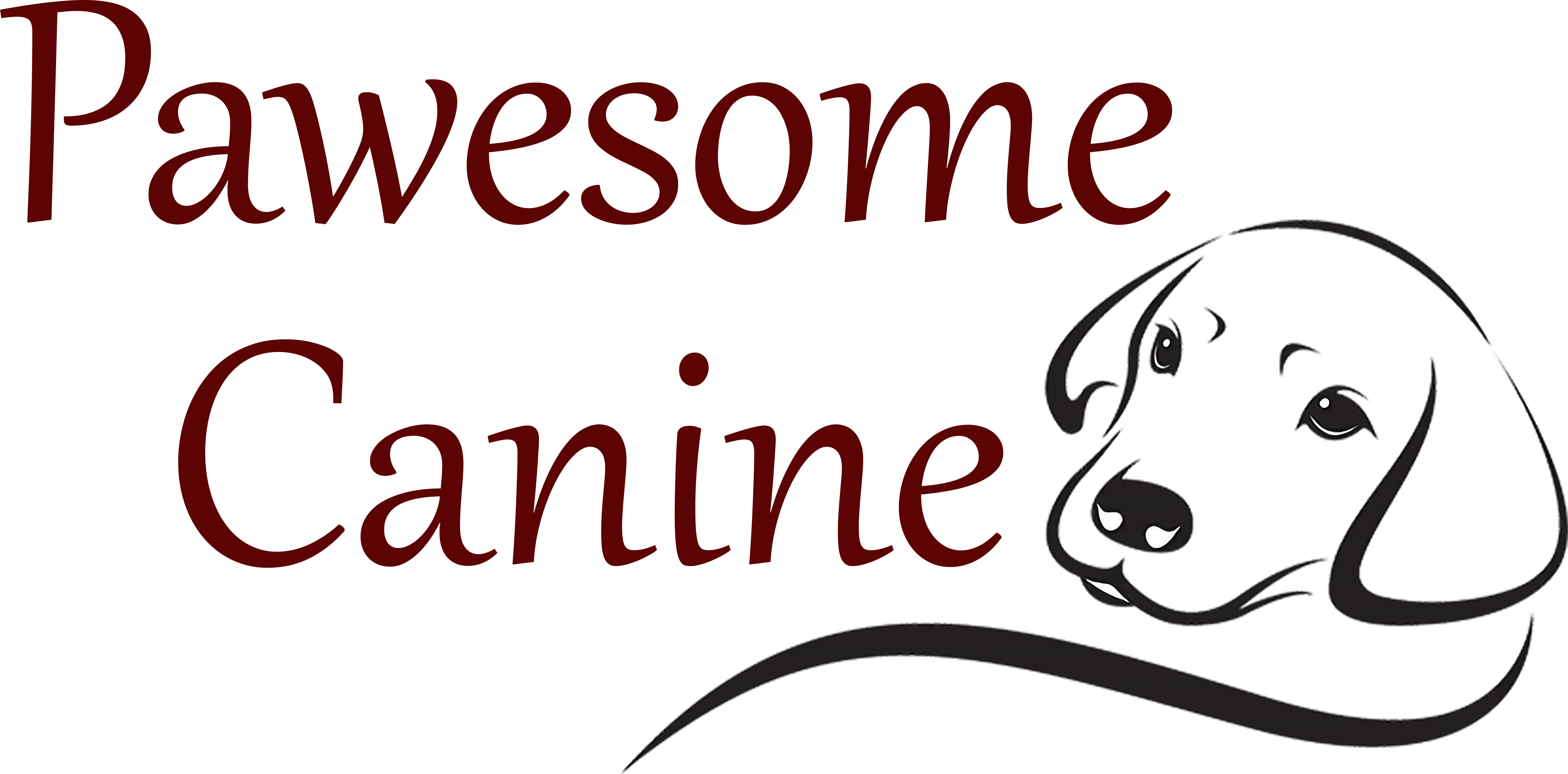Dealing with Dog Aggression: Understanding and Managing

As a responsible dog owner, you’re dedicated to providing a safe and loving home for your furry companion. However, sometimes, dogs may exhibit signs of aggression, leaving you concerned and wondering how to address this challenging issue. In this guide, we’ll explore the concerns that come with dog aggression and provide insights into understanding and managing this behavior.
Concerns:
1. Behavioral Issues:
The first and foremost concern revolves around the behavior itself – growling, snapping, or even biting. These behaviors can be frightening and potentially dangerous.
2. Emotional Distress:
You can’t help but worry about the emotional distress that your dog may be experiencing, which might be contributing to their aggressive behavior.
3. Impact on the Dog:
Another significant concern is the long-term impact of aggression on your dog’s well-being. How will it affect their happiness and quality of life?
Solutions:
Veterinary Assessment:
If your dog exhibits signs of aggression, the first step is to schedule a veterinary assessment. It’s essential to rule out any underlying medical issues that could be contributing to the behavior.
Behavioral Modification:
Positive reinforcement training and behavior modification techniques can be highly effective in addressing aggression. Consult with a professional dog trainer to implement these strategies.
Professional Guidance:
In cases of severe aggression, consider consulting with a veterinary behaviorist or a certified professional dog trainer with expertise in aggression issues. They can provide specialized guidance to create a tailored treatment plan.
Conclusion:
Dealing with dog aggression is undoubtedly a challenge, but with the right approach, it can be managed and even improved. By addressing behavioral issues, providing emotional support, and seeking professional guidance when necessary, you can help your furry friend find a path to more positive and safe interactions.






